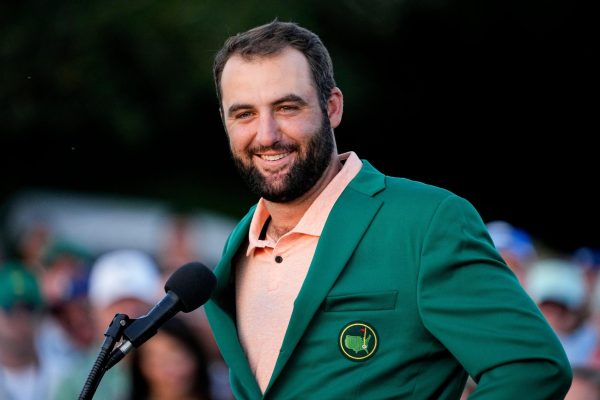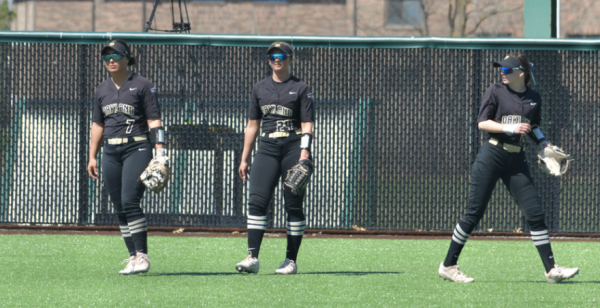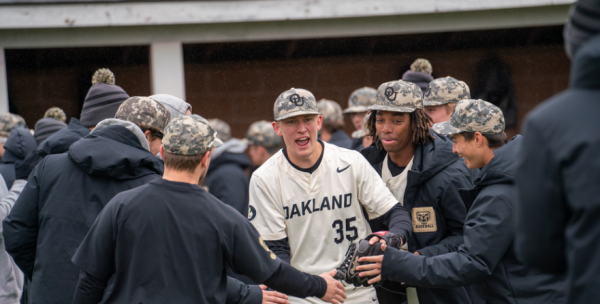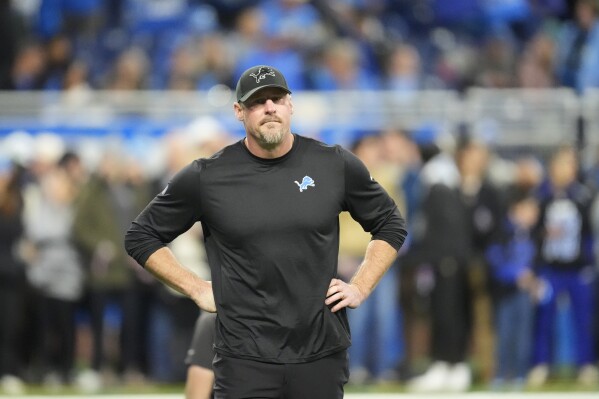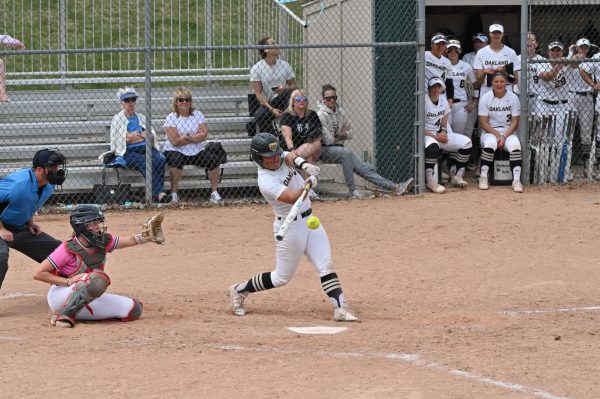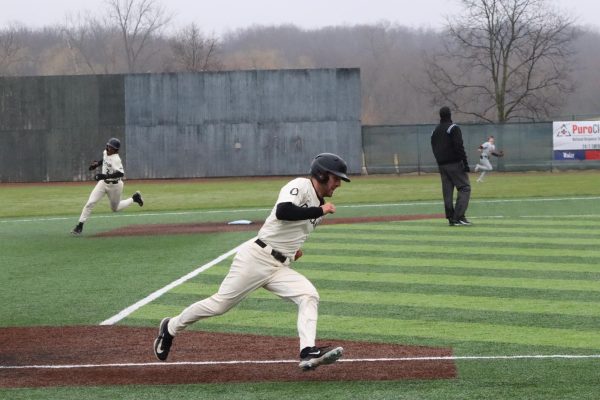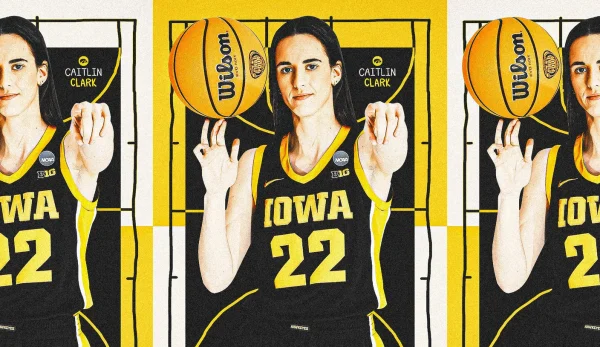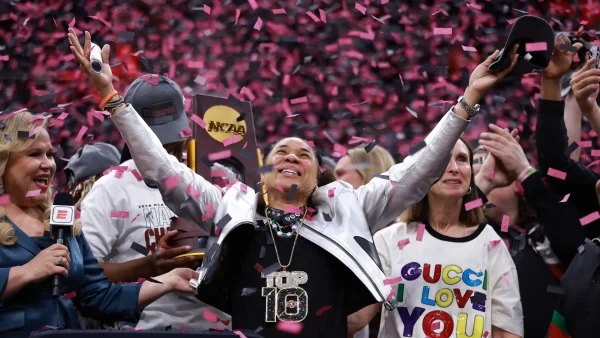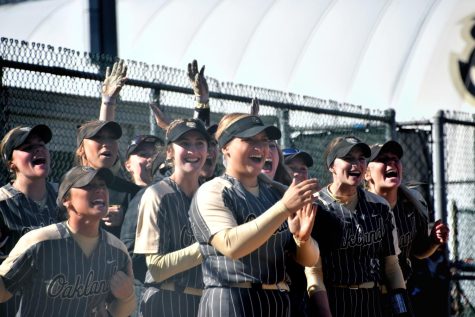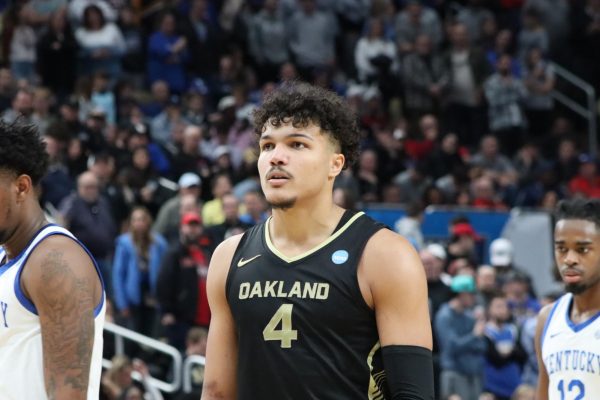The effect of Michigan’s COVID-19 restrictions on OU Athletics
Steve Waterfield, OU Athletic Director, is part of the Healthy Campus Initiative, launched by the university to promote positive mental health.
Amid an alarming soar in Michigan coronavirus cases, Gov. Gretchen Whitmer announced a new public health order — temporarily closing indoor dining at restaurants and bars, banning in-person learning at colleges and high schools (along with high school sports), among other protective measures — that went into effect on Nov. 15 and will continue until Dec. 8.
Under the order, organized sports cannot compete unless they are in compliance with enhanced testing requirements.
“[The Michigan Department of Health & Human Services (MDHHS) requires] to test players six times a week,” Steve Waterfield, director of OU athletics, said. “Before the order, our men’s and women’s basketball student athletes and coaches were going to be tested three times a week per NCAA guidelines, and we were following NCAA rules regarding surveillance testing of other sports.”
The order asks that all sports that will practice and compete must test six times a week — which based on capacity and cost — OU won’t be able to test any sports aside from men’s and women’s basketball. Track and field and swimming and diving have ceased practice through Dec. 8.
“There’s obviously disappointment with the student athletes,” Waterfield said. “[Track and field and swimming and diving] had planned to continue to practice and because of the order — as well as testing and cost challenges — we had to make the decision that at least through the 8th, we’re not going to practice, which is really disappointing.”
Other sports were going to cease athletic activities after Thanksgiving regardless of the order, according to Waterfield.
“I’ve talked with a couple student athletes — with the pandemic, you don’t expect it, but you go through a process of how you process it,” Waterfield said. “Ultimately, these are decisions outside of our control, so [we] have to adapt and adjust.”
Since the Horizon League pushed fall sports — men’s/women’s soccer, volleyball and men’s/women’s cross country — to winter for more of a spring season, Waterfield hopes to get back in January with the fresh start of a new semester and get some seasons in.
“The NCAA says soccer can start around Feb. 2-3 and mid-January for volleyball — the Horizon League is still trying to figure out what those schedules are going to look like and ways to safely travel,” Waterfield said. “Then we layer in softball, baseball, tennis, etc. and [try] to be as fluid as possible.”
It’s shaping up to be a busy and exciting winter semester for OU athletics.
“January to March, we may have every single sport at OU competing,” Waterfield said. “It’s going to be a busy time — the great staff we have here will do everything we can to figure it out from an event and facility standpoint. It’ll be nice to have some competitions starting back up.”
Amongst a great deal of uncertainty and challenges, Waterfield said the OU community is resilient.
“One of our core values in athletics is optimism, another is perseverance, [and] there is no better time to practice those things than during a pandemic,” Waterfield said. “There’s a light at the end of the tunnel — the tunnel [may] just get longer than what any of us want — but we’ll get there.”



